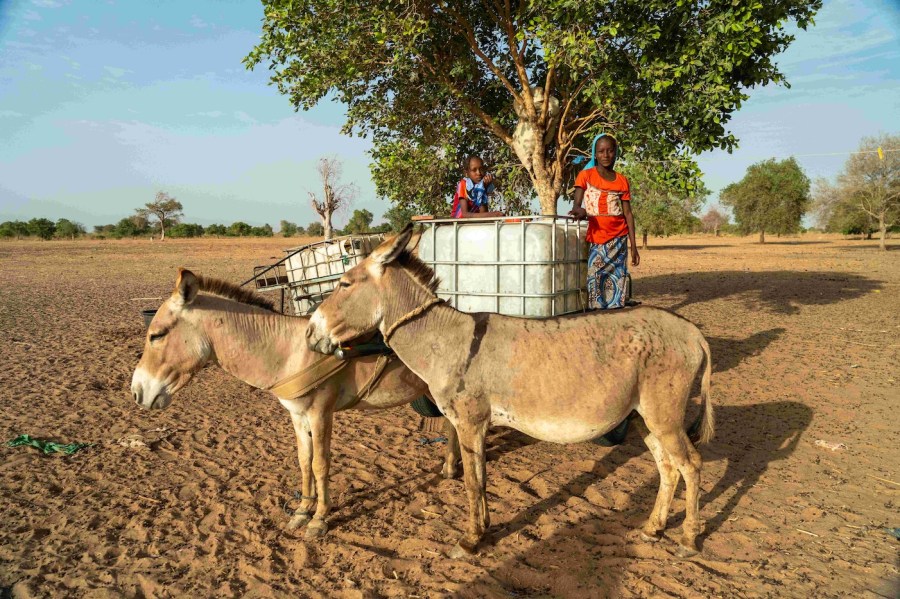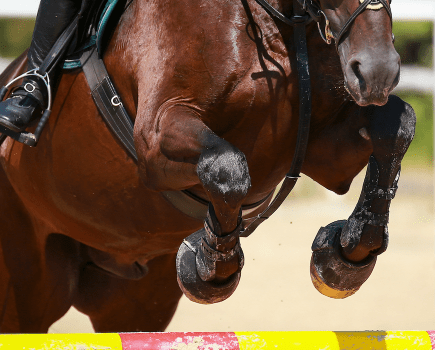The safety of Africa’s 40 million-strong donkey population has received a significant boost, with the reinforcement of a moratorium on the donkey skin trade by delegates to a continent-wide conference.
Delegates to the Pan African Donkey Conference in Cote d’Ivoire (26-27 June) promised to uphold a ban on the trade in donkey skins and other body parts in their countries.
Jessica Stark, of World Horse Welfare, who chairs the International Coalition for Working Equids (ICWE), said: “We wholeheartedly welcome the declaration of African member states and stand with them in their unified and practical commitment to ensure the moratorium is fully implemented within their borders.
“At [the conference] we heard heartbreaking evidence from across the continent how the unsustainable trade in donkey skins is having a devastating effect on whole communities, including women and children.
“We support the inclusion of clear national-level implementation measures, regular reporting, and the recognition of donkeys as vital to livelihoods and rural economies.
“These decisions mark an important step toward ending the unsustainable trade and improving donkey welfare across the continent.”
Near collapse of donkey populations
A new report was presented to leaders and policy makers from the member states of the African Union during the conference, outlining the fallout of the trade in donkey products.
Stolen donkeys, Stolen Futures, presented by lead author Dr David Obiero, outlines the crisis facing Africa’s women and children as a result of escalating demand for ejiao — a traditional Chinese medicine that is made from donkey gelatine.
The trade has already led to the near collapse of donkey populations in China and is now targeting donkey populations in Africa, Asia and South America.
The new report estimates the donkey skin trade is responsible for the theft and slaughter of 5.9 million donkeys a year in Africa.
It leads to loss of income, inability to access food and water and associated hardship for families.
Last month, Your Horse shared the stories of several women facing hardship caused by the theft of their donkeys — one said she couldn’t afford to feed her children.
In many parts of the world, donkeys are a family’s only way of making money and ownership can be the difference between survival and destitution.
‘We can end the trade’
The skin trade also causes significant suffering and cruelty to the donkeys involved.
The ICWE is made up of four charities that work to improve the welfare of working equids – Brooke: Action for Working Horses and Donkeys, the Donkey Sanctuary, SPANA and World Horse Welfare.
Chris Wainwright, CEO of Brooke, told the conference: “I am confident that this strategy will create the required momentum for the implementation of the ban and with it the ultimate preservation and development of the donkey species.
“The International Coalition for Working Equids is proud to be a partner, funder and co-organiser of this conference.
“If we all work together, we can end the trade in donkey skins and protect these loyal and magnificent creatures that are central to the socio-economic futures of so many communities in Africa.”
Main image © International Coalition for Working Equids/World Horse Welfare







